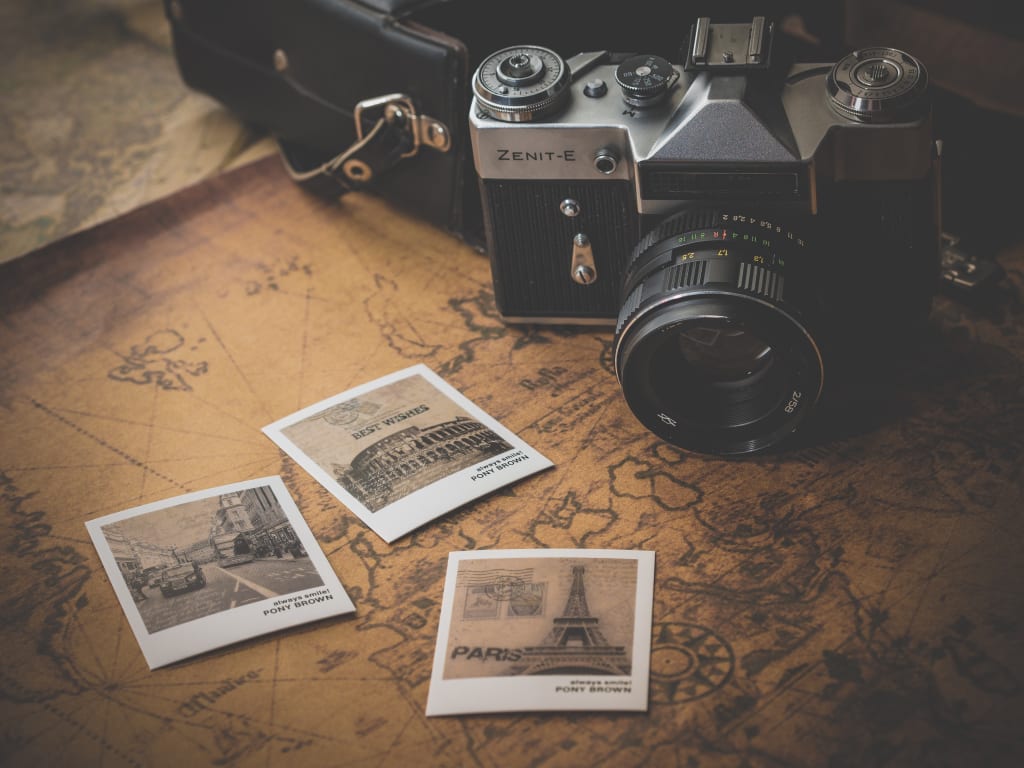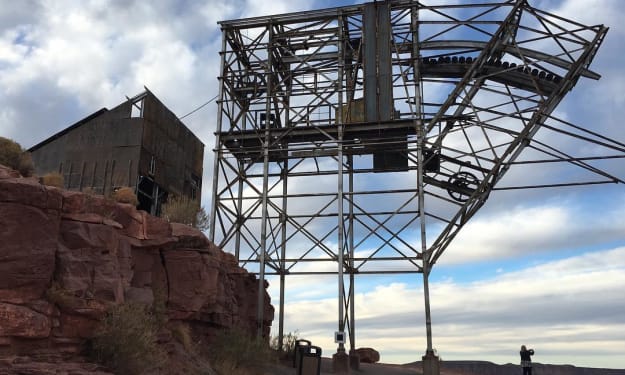Who Is Europe?
The question sounds strange, I know.

The question sounds strange, I know. You would expect a “What is Europe,” not such a personal pronoun—who. But the answer on how to identify Europe could be too simple, too strong the temptation to just define the Old Continent as the cradle of Western civilization and leave it at that. And certainly we can’t start from the EU, this messed up jumble of unrelenting bureaucracy and high hopes, to explain the present of countries that, despite their geographical proximity, have chosen to approach in very different ways this ambitious project of political and economic unification.
In the wake of Brexit and with separatist movements running as a strong undercurrent of mainstream European politics, one has to suspect that many have forgotten that the project of European unity was not limited to a vision of a single market, but aimed at a deeper integration, a community that with the full respect of diversity would bring the Old Continent to renew itself in the name of a project that was indeed ambitious, but capable of solving the fragility of a territory still fragmented by local interests and conflicting policies.
Driving through the French countryside, scattered here and there with nuclear power plants, one understands the absence of a shared environmental policy and the subsequent frustration of neighboring countries that have voted against nuclear power; just how it is hard to understand, in terms of international law, the intermittent application of the Schengen treaty (where frontiers appear to be open for tourist, but certainly not so for migrants).
While visiting CERN from Italy, I had to cross the border between France and Switzerland twice. French tolls were in euro, a currency accepted by the Swiss gas stations, which, however, would only provide change in franks. To add some spice to the navigation and a practical example of extremely immediate cultural diversities, Swiss traffic lights have their own peculiarity—even the red light will become yellow, then green.
Conceptually, Europe is all of this—a marvellous and frustrating confusion of cultures, procedures, languages, peoples. The rooms of the Vatican Museums with gold ceilings, but no air conditioning for the poor tourists panting in the scorching Roman summer. And then, the scientific excellence of CERN that leaves it to volunteer scientists to organize free tours of the most famous particle accelerator of the world (with the consequence that, thanks to a complicated system of timed booking frames and waiting lists, perfect timing is needed to be able to access a visit, since both permanent exhibitions could actually be both closed at the same time).
The assumption that the minds that were capable of finding the Higgs Boson should not encounter difficulties in optimizing a system of visits to the facility—maybe rounding up their research budget by selling some tickets—is fundamentally wrong. There is a typical European scorn coming from culture and academia, scientific as much as literary, for marketing and for the commercialization of arts that should be consecrated to an ideal purity. While fully recognizing the intrinsic value of pure science and art for art’s sake, there seems to be a partial (and even a little schizophrenic) interpretation of reality in the willingness to forget that even the masters of the Renaissance worked on a commission.
So now that we have stated that Europe can be defined as an enormous, secular point of convergence and conflict between cultures, how to define a face to represent it, trying to define not only what, but who is Europe?
Will we choose the lady that introduces herself as an art critic while protesting the setup of an exposition dedicated to Leonardo da Vinci in the Capitoline Museums, unsatisfied with having to pay a five euro ticket to see the self-portrait explained with seemingly insufficient information? Or the barista at the gas station in Geneva, that, to help us find the highway for Grenoble, simply told us to “go to France, turn left” (by the way, it worked)? Or Irene, our guide in the Vatican Museums who told us with her smiling irony that the Barberini did not “steal” Roman antiquities, but rather “recycled” them? Or again, the kind owner of the restaurant Scalo 34 in Marina di Pisa, who took it as a personal quest to find a reasonably priced hotel room for two stranded tourists at 11 PM on a Friday night?
Or maybe the face of Europe is that of the security officer in Fiumicino, in her twenties and with a likable yet tired face and three piercings per ear, who was searching passenger bags (following apparently random criteria) right before the boarding of the plane. When we asked her what was the point of all the previous security checks, with all their metal detectors, if we had to undergo yet another search, she answered asking us if it wasn’t like this in the States. When we replied that no, in the United States, once the security check and scan had been completed, there were no other searches, she looked at us with a lost puppy face, stating she was only doing her job—leaving me feeling ridiculously guilty, as if it were normal to have to accept in silence to have a stranger rummage through your things in the name of a false pretense of security.
Europe is all of them and many more, with their stories and not only their history—a past to remember and preserve, but also many promises to keep.
About the Creator
Fabia Scali-Warner
Lover of quality content. Writer and Blogger. Author of Sci-Fi novel Julia Dream, now on Amazon http://amzn.to/2s9TUUx






Comments
There are no comments for this story
Be the first to respond and start the conversation.